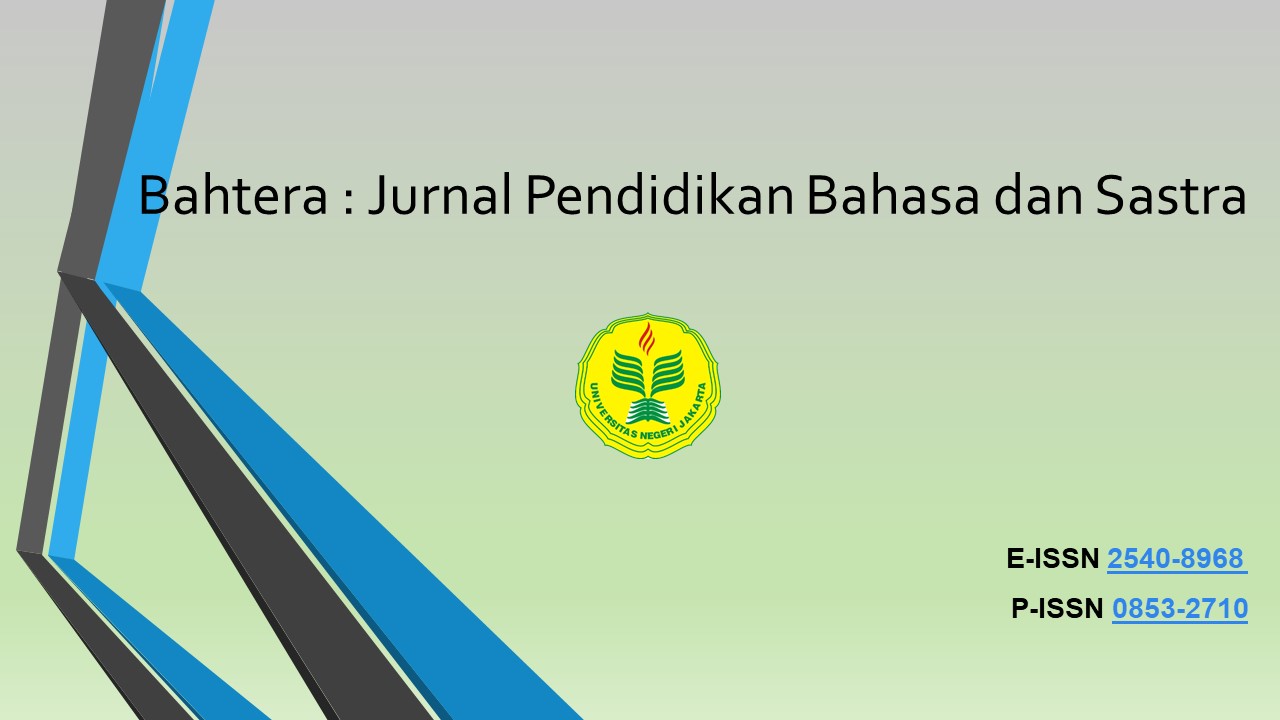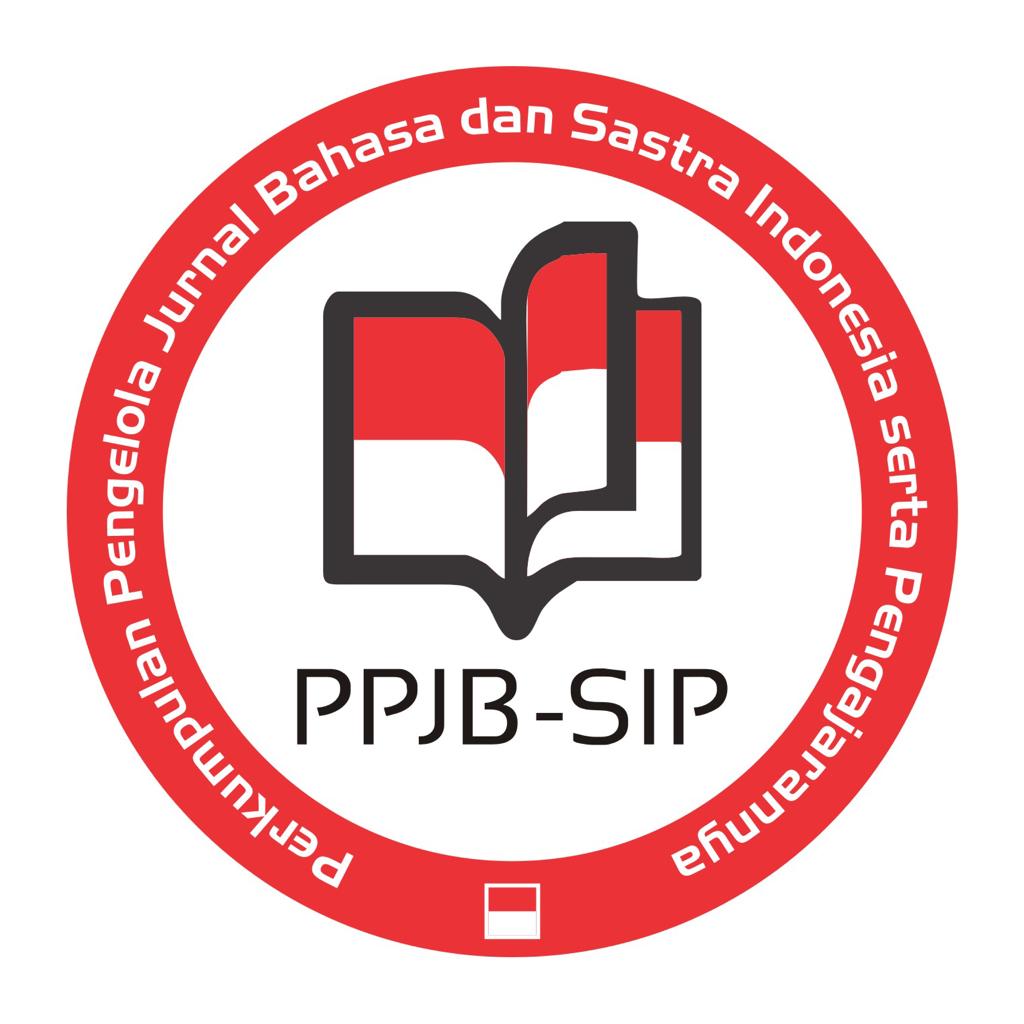EFL STUDENTS’ ENGAGEMENT IN READING COMPREHENSION USING COOPERATIVE INTEGRATED READING AND COMPOSITION (CIRC) TECHNIQUE
DOI:
https://doi.org/10.21009/bahtera.221.01Keywords:
Student Engagement, Reading Comprehension, CIRC TechniqueAbstract
The reading comprehension skills of EFL students have been a concern of scholars by researchers, but some researchers found that EFL students face some problems in understanding English texts due to lack of techniques while teaching. Therefore, this study investigates how students engage in reading comprehension using the Cooperative Integrated Reading Composition Technique. This study uses a case study as a qualitative research design, involving EFL tenth graders from an Islamic Senior High School in Karawang as participants. Researchers collect data through observation and interviews. The findings show that EFL students’ engagement in reading comprehension using the CIRC technique resulted in three engagements, namely behavioral engagement, emotional engagement, and cognitive engagement. Behavioral engagement which means students can contribute to class discussion and follow all instructions from the teacher, emotional engagement which means students can express their feelings during reading comprehension activities, and cognitive engagement which means students can try to complete tasks in different ways to achieve the same result. This research suggests that educators should expand or develop their teaching techniques to produce better learning activities.
References
Azhari, S. N., Cahyani, I., & Kirana, P. (2019). Application Model Cooperative Integrated Reading and Composition (CIRC) to Improve Reading Comprehension Skills of Class V Elementary School Student. International Journal of Science and Applied Science: Conference Series, 3(1). https://doi.org/10.20961/ijsascs.v3i1.32452
Creswell, J. W. (2012). Educational research (4th ed.). Boston, MA: Pearson Education, Inc
Davoudi, M., & Yousefi, D. (2015). Comprehension Breakdown: A Review of Research on EFL Learners’ Reading Difficulty and Problems. International Journal of Language and Applied Linguistics, 1.
Delfino, A., P. (2019) Student Engagement and Academic Performance of Students of Partido State University. Asian Journal of University Education, 15(3). DOI:10.24191/ajue.v15i3.05
Egger, J. O. (2019). Effects of cooperative learning on preservice elementary teachers’ interest in and integration of music into core academic subjects. International Journal of Music Education, 37(4), 608–621. https://doi.org/10.1177/0255761419852173.
Fredricks et al., (2003). School Engagement. Paper presented at The Indicators of Positive Development Conference. Available at: http://www.childtrends.org/
Fredricks, J. A., Blumenfeld, P. C., Paris, A. H. (2004). School engagement: potential of the concept, state of the evidence. Review of Educational Research Spring, 74(1). Available at: http://www.jstor.org/stable/3516061.
Harahap, H. & Swondo, A.P. (2020). The Effect of Cooperative Integrated Reading and Composition (CIRC) Model on Students’ Reading Comprehension. Jurnal Mahasiswa Fakultas Ilmu Sosial dan Kependidikan 1 (1), 70-79
Hasan., & Jamalia, M., N. (2019) Using Cooperative Integrated Reading and Composition (CIRC) Model with Aldiko Book Reader to Improve the Reading Comprehension Achivement of the Elevent Year Students of SMA Negeri 2 Parepare. Journal Peqguruang: Conference 1(2). http://dx.doi.org/10.35329/jp.v1i2.574
Ismawati, D., & Sugirin. (2019). The Effectiveness of Using CIRC and CTL in Teaching and Learning Reading Comprehension. Lingua Pedagogia, Journal of English Teaching Studies. DOI: 10.21831/lingped.v1i1.23752
Kasim, U., & Raisha, S. (2017). EFL Students’ Reading Comprehension Problems: Linguistic and Non-Linguistic Complexities. English Educational Journal (EEJ), 8 (3).
Pradana, S. A. (2017). The Analysis of Teaching and Learning Reading Through Think Aloud Method. ELT Echo: The Journal of English Language Teaching in Foreign Language Context, 2(2). https://doi.org/10.24235/eltecho.v2i2.2177
Rahman, L., I., & Hijriati, S. (2020). The Effect of Cooperative Integrated Reading and Composition (CIRC) Technique on the Students' Reading Skill at UTM Mataram. Linguistics and English Language Teaching Journal 8(2).
Rahmat, M., N., Salija, K., & Muliati, A. (2018) Students’ Engagement in Speaking Class through a Three-Step Interview Technique. S1 thesis, Universitas Negeri Makasar
Sholeh, A., Setyosari, P., Cahyono, B. Y., & Sutlhoni. (2019). Effects of Scaffolded Voluntary Reading on EFL Students’ Reading Comprehension. International Journal of Instruction, 12(4). https://doi.org/10.29333/iji.2019.12419a
Sugiyono. (2018). Metode Penelitian Kuantitatif, Kualitatif Dan R&D. Bandung: Alfabeta.
Downloads
Published
How to Cite
Issue
Section
License
License & Copyright
This work is licensed under a Creative Commons Attribution 4.0 International License.










